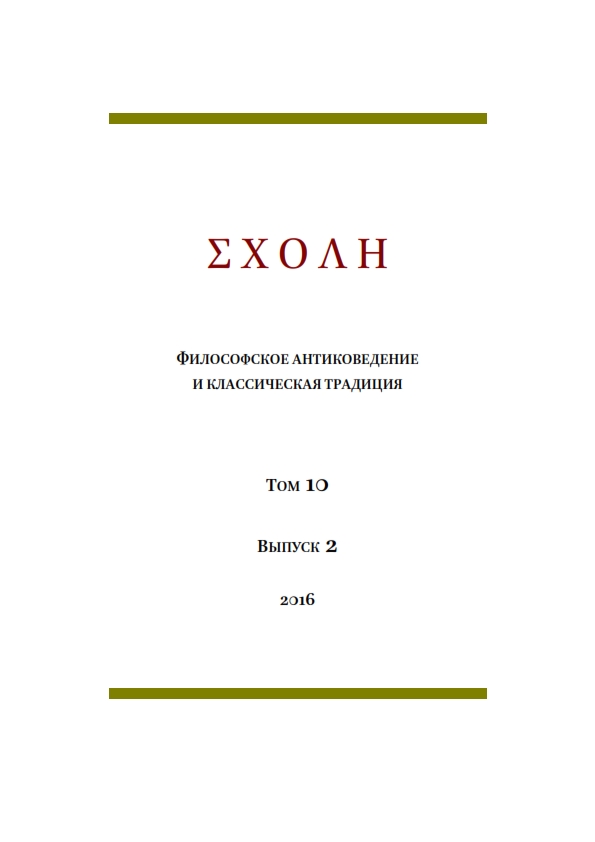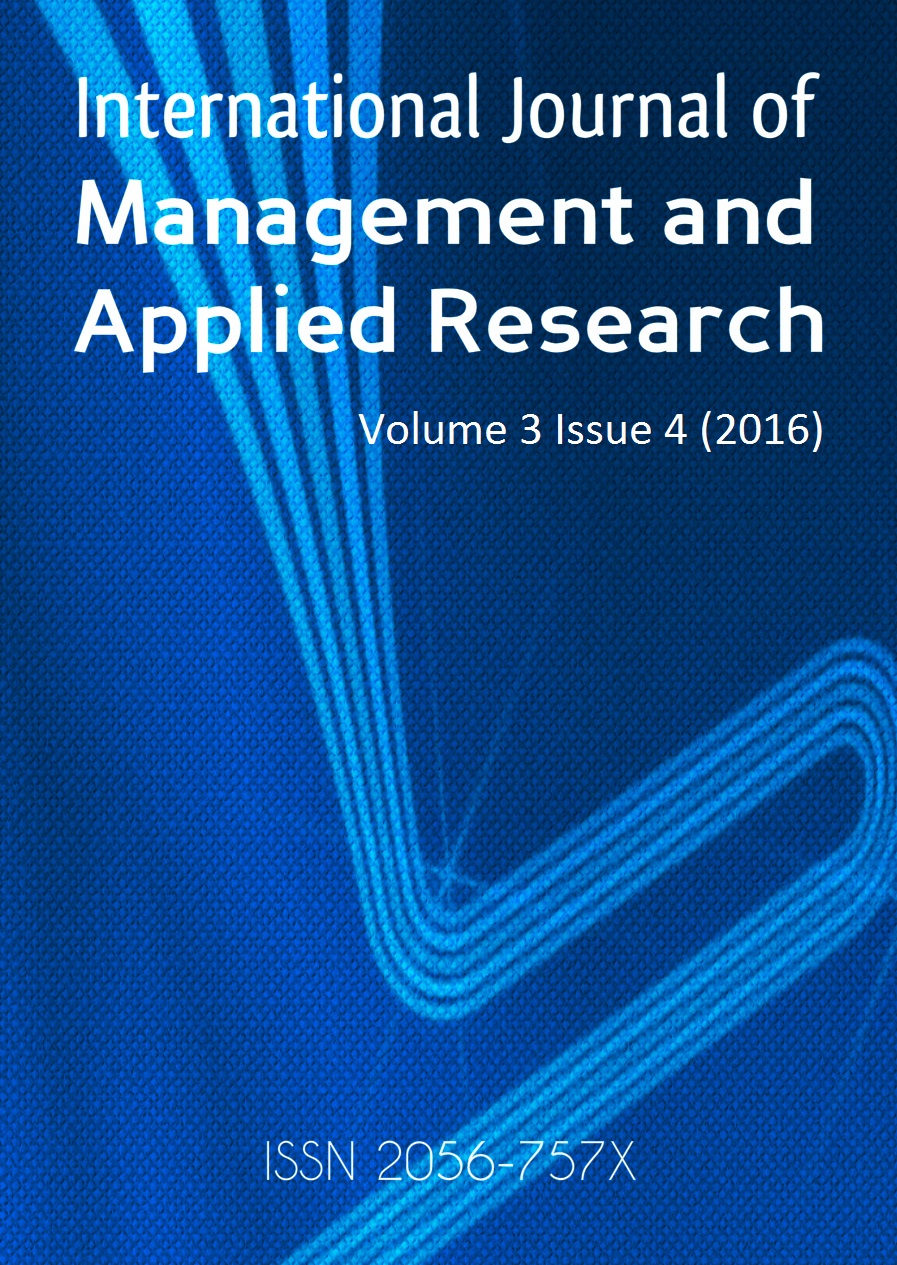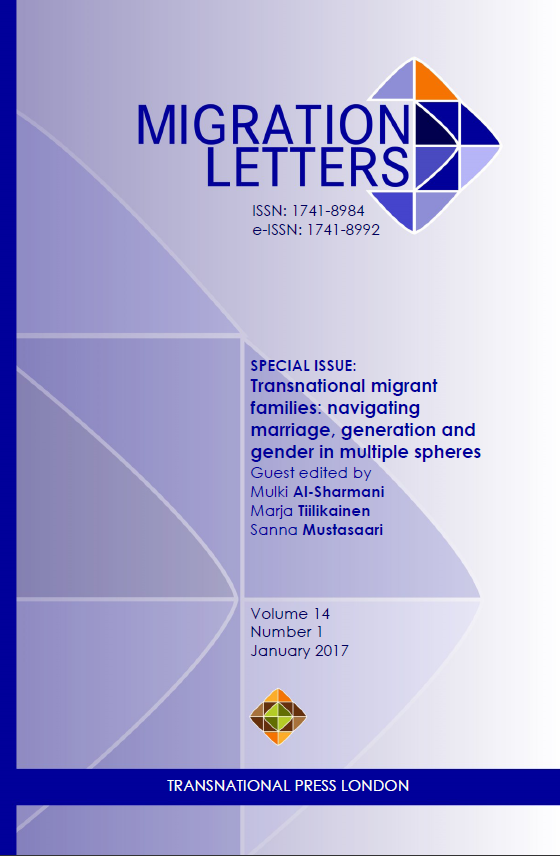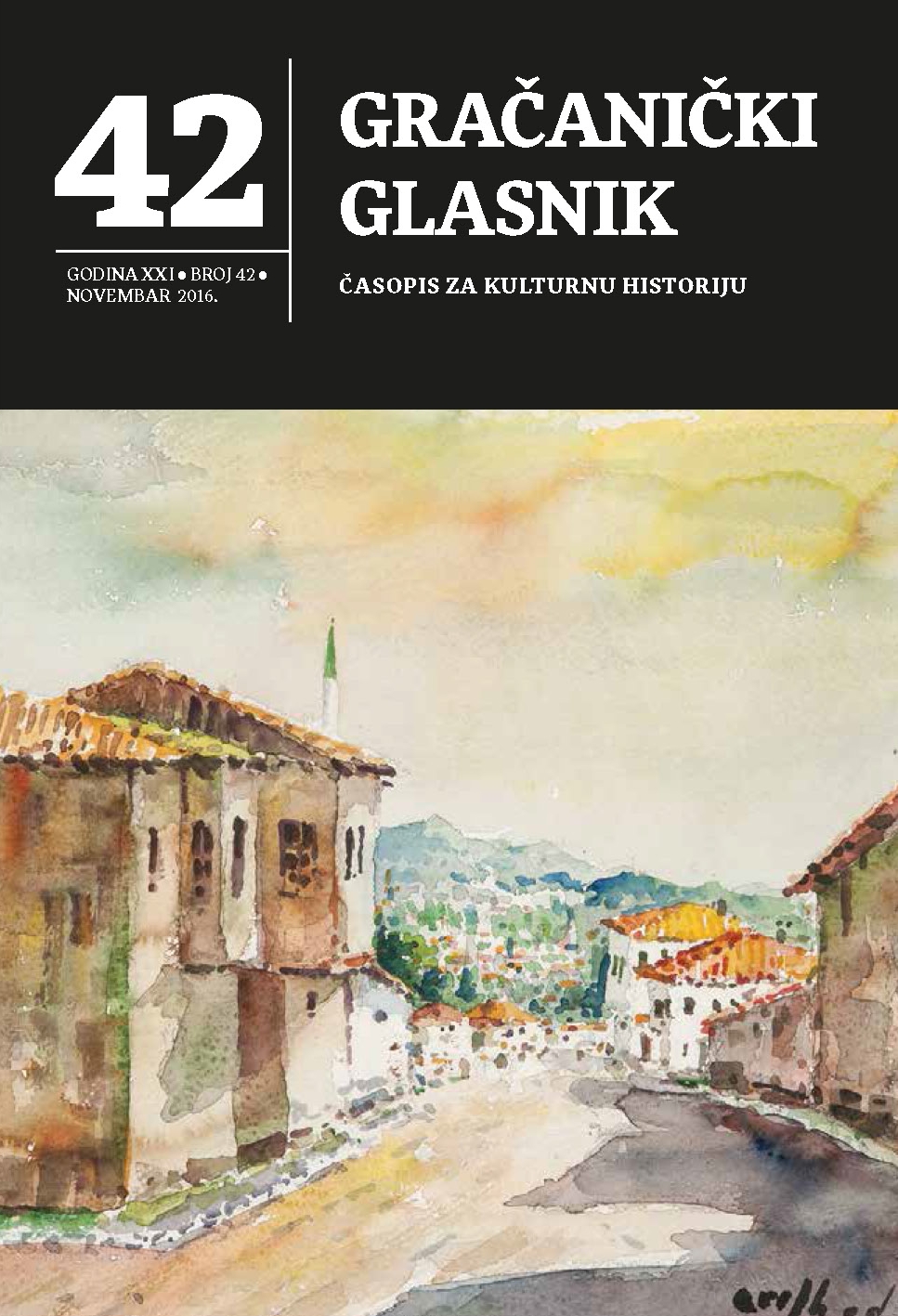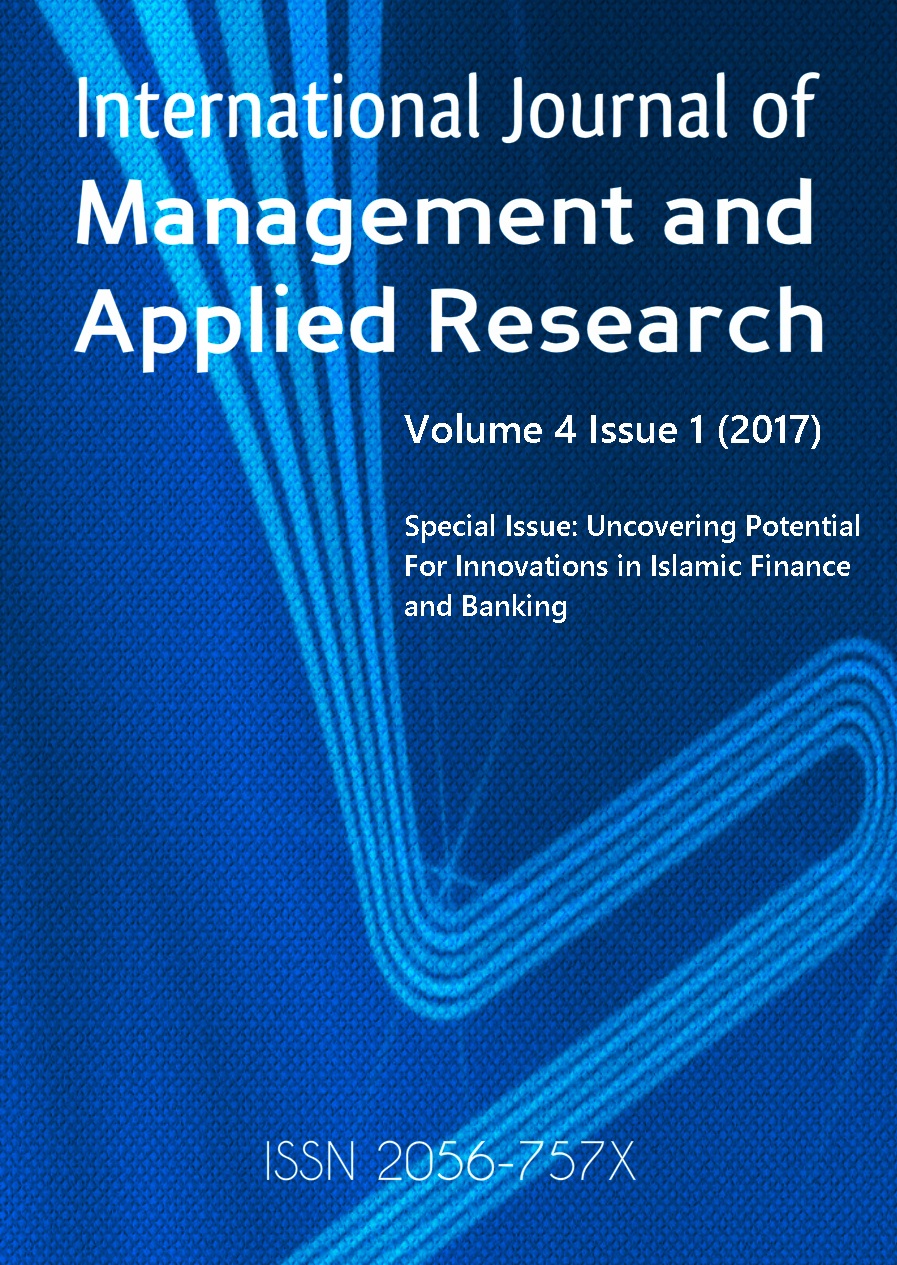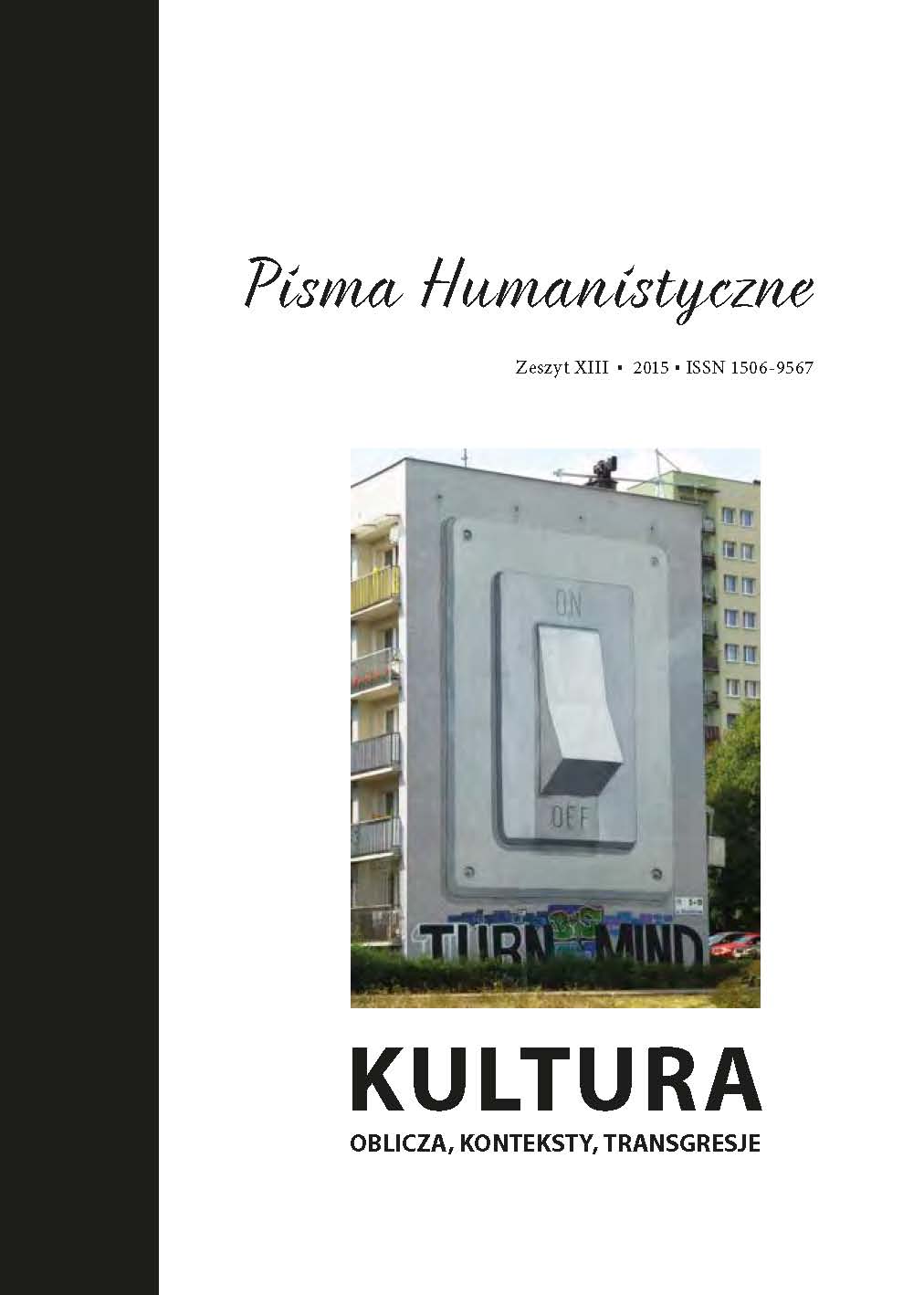
Kultura popularna po arabsku
Submissiveness toward the growing commercialization of life doesn’t seem to be in keeping with the orthodox world of Islam. However, social life experiences indicate that even radically anti-consumerist cultures, having undergone the processes of globalization, tend to adapt western cultural patterns. The assumption concerning the diffusion of global trends seems to be confirmed by the whole spectrum of different forms of culture based on Western models or initiated as a natural counterbalance to them. The growing role of Arab media and digital technologies as well as Muslim counterparts to western products seem to indicate a new beginning, which is a form of compromise between the strict requirements of the religion and the need to function in the modern reality. The main aim of this paper was to show the signs and products of the consumer culture which spread in the area of media, entertainment and the religion of the Middle East.
More...
